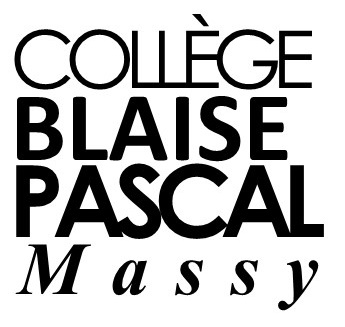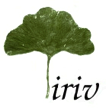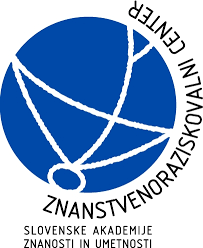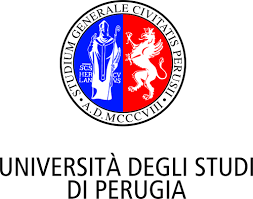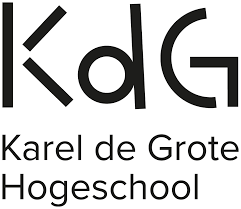Key projects
KP1- Success at school (2012-2014)-EU - a European project Comenius « Success at school through volunteering » implemented in 6 European countries (UK leader, France, Bulgaria, Italy, Portugal and Slovenia, www.successatschool.eu, 2012-2014) offered youngsters living in disadvantaged areas a pedagogical approach, based on a volunteering considered as an example of non formal and informal learning, to enhance a voluntary involvement in order to increase success at school. Pedagogical sessions were offered to youngsters around topics allowing them to value learning, to build a path with school between knowledge acquired through volunteering and knowledge required at school. These sessions were supported by a pedagogical mentoring in order for youngsters to be aware of their potential, to value the non-formal and informal learning and find a way back to school. The SAS project was a first attempt to implement voluntary activities or at least to explain volunteering as alternative activities for youngsters, outside school, to re-engage them in educative activities.
KP2-Assessing Voluntary Experiences (AVE) (2003 - 2006) -EU- Lifelong learning - Leonardo da Vinci . Initiated by iriv in 7 countries (France, Austria, Germany, Italy, Hungary, Poland and the United Kingdom)- Pilot project Leonardo da Vinci offering a portfolio to identify, evaluate and validate skills and qualifications acquired through volunteering as an informal learning for a professional purpose. Project supported by the European Commission, in the framework of the Lifelong Learning (LLL) programme and the Regional Council in Champagne Ardenne, in 7 countries. Awarded in Helsinki in December 2006 for excellent practice in addressing the priorities of the Copenhagen process. (project selected among 157 in 31 countries, final list of the top 10)- www.eEuropeassociations.net.
KP3- Bénévolat & Competences- a portfolio to identify and assess the voluntary experience of students- FR. The main objective was to build a tool (a portfolio) and to offer a support for students in order to enhance their professional integration. The project was led by ANIMAFAC, a network of students associations ; the portfolio was designed by iriv and it was tested among a French team of associations in the field of Social responsibility, Human resources and Volunteering. The portfolio is available online: http://www.iriv-vaeb.net/pdf/0-B&C-PORTFOLIO-081210.pdf
KP4- Oscar (NL)- Validating competences built up trough volunteering (outside school context)- https://www.oscaronline.be/welkom/index.php The aim of this Dutch project is to provide vocabulary and game/methods to help students expand their metacognitive capacity
It addresses a broad range of organisations in all sectors of socio-cultural field. It helps organizations to explicit the competences that volunteers build up in their organization. It provides possibility to certify the process.
KP5- A good voluteer program (Dobry wolontariat) PL- http://dobrywolontariat.pl/ A good volunteer program was created to improve the quality of cooperation of the third sector and public institutions with volunteers in Poland, and also enhance the image of volunteering in social perception. Its objectives are: to educate organizations, institutions and the volunteers themselves by sharing knowledge and best practices about volunteering and exchange of experience; to increase standards of cooperation with volunteers and take care of the quality of management by certifying the organization or institution friendly volunteers; to promote good volunteer by strengthening the image of volunteering in Poland and break the prevailing about stereotypes. They created standards for working with volunteers and the system of certification for organization working with volunteers. This Polish project was led by a Polish foundation Stocznia financed by Polish Department of Social Economy And Public Benefit. It addresses non-profit organizations working with volunteers and for volunteers. These standards could be used by professionals for planning educative volunteer programs for young volunteers
KP6- BUONE PRATICHE DI RICONOSCIMENTO E VALIDAZIONE DELLE COMPETENZE NEL VOLONTARIATO ITALIANO – IT- Content: a series of good practices in Italy to evaluate competencies and skills gained through volunteering experiences. The document itself contain an overview of competencies and learning in various contexts such as formal, informal and non formal learning. At the end of the document there’s a full list of projects and tools to evaluate competencies:
KP6- CESVOT - SKILLS OF VOLUNTEERING- IT: a model of analysis of the training needs of Daniel Boggiani 2011 Research on volunteering, with passages on skills. Interesting appendices on pages. 177 et seq- .http://www.cesvot.it/repository/cont_schedemm/6721_documento.pdf
KP7- Le z drugimi smo-SI (https://lezdrugimismo.si/) - Slovenian project implemented by ZRC SAZU, focused on migrations and volunteering
KP8- prostovoljstvo.ord-SI (http://www.prostovoljstvo.org/): many various projects - from intergenerational vounteering to "day of change"= action to promote volunteering in Slovenia.


